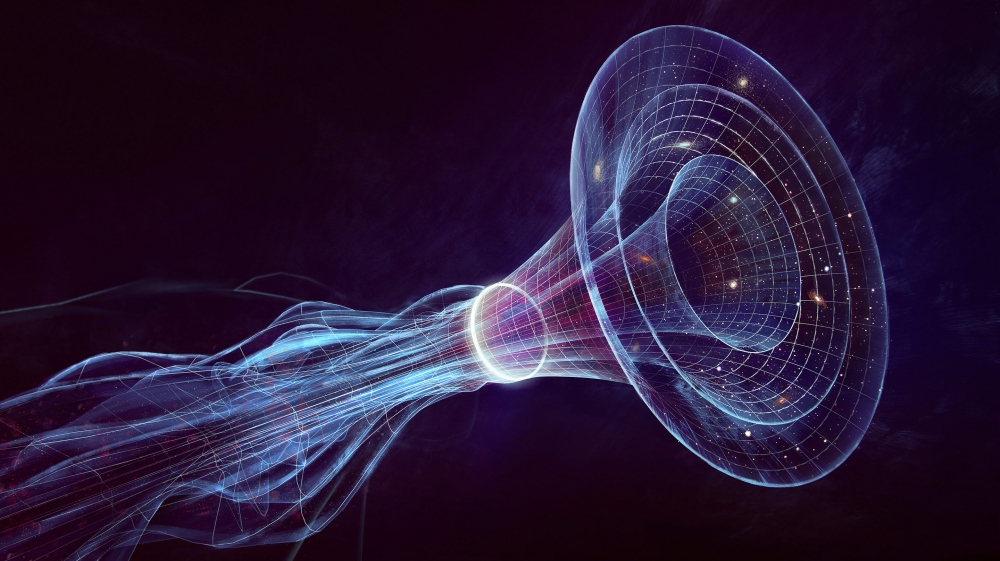Mathematicians Disprove Conjecture Made to Save Black Holes

Mathematicians have disproved the strong cosmic censorship conjecture. Their work answers one of the most important questions in the study of general relativity and changes the way we think about space-time.
Kevin Hartnet May 17, 2018
Nearly 60 years after it was proposed, mathematicians have settled one of the most profound questions in the study of general relativity. In a paper posted online last fall, mathematicians Mihalis Dafermos and Jonathan Luk have proven that the strong cosmic censorship conjecture, which concerns the strange inner workings of black holes, is false.
“I personally view this work as a tremendous achievement — a qualitative jump in our understanding of general relativity,” emailed Igor Rodnianski, a mathematician at Princeton University.
The strong cosmic censorship conjecture was proposed in 1979 by the influential physicist Roger Penrose. It was meant as a way out of a trap. For decades, Albert Einstein’s theory of general relativity had reigned as the best scientific description of large-scale phenomena in the universe. Yet mathematical advances in the 1960s showed that Einstein’s equations lapsed into troubling inconsistencies when applied to black holes. Penrose believed that if his strong cosmic censorship conjecture were true, this lack of predictability could be disregarded as a mathematical novelty rather than as a sincere statement about the physical world.
See full text